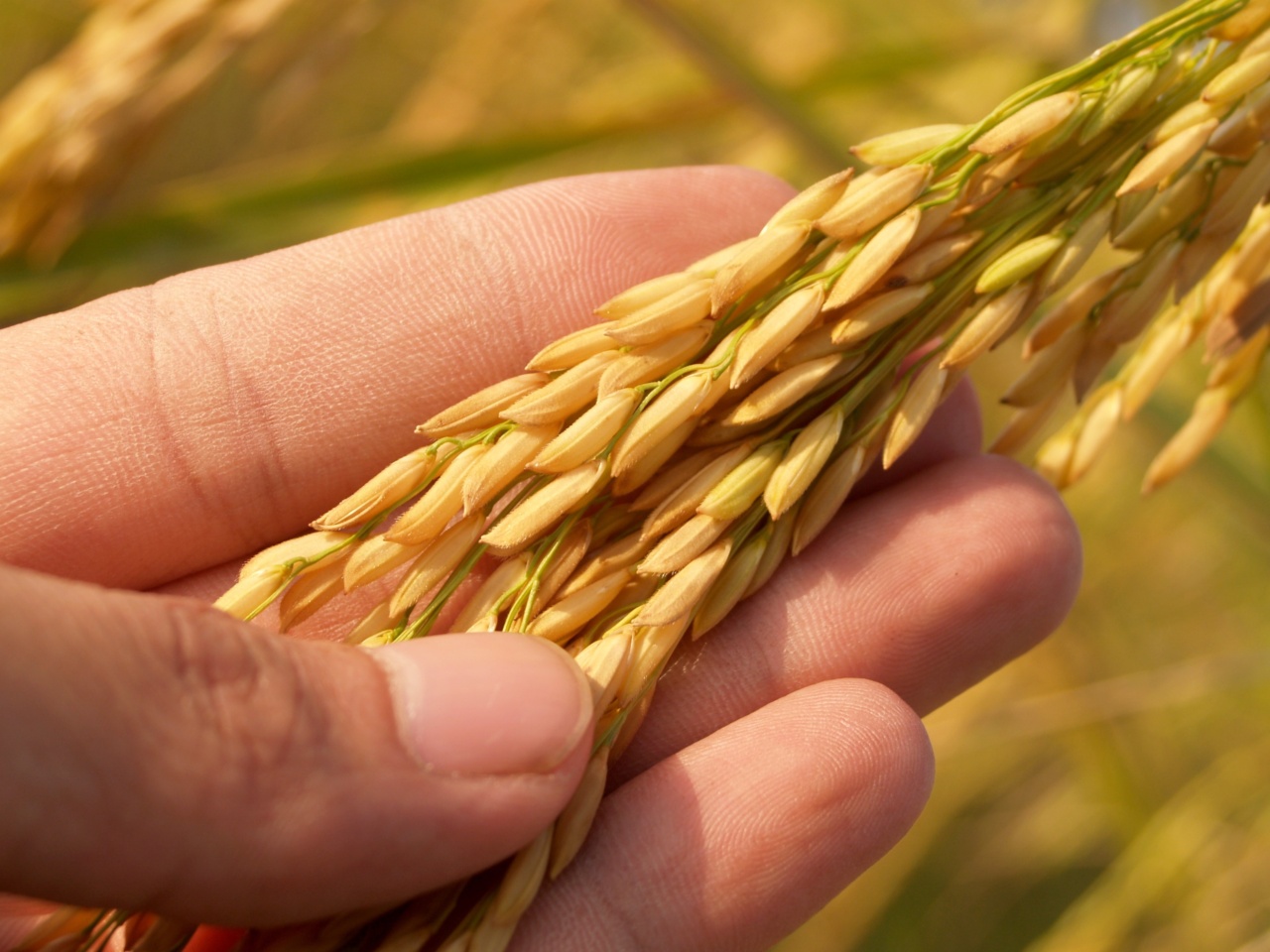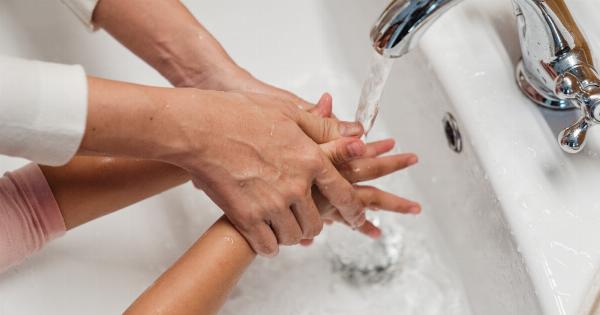Hand washing is crucial for good hygiene and health. It helps to prevent the spread of germs and protects us from getting sick. However, frequent hand washing can also lead to dry, cracked skin.
This is especially true during the cold winter months when the air is dry and the humidity is low. In this article, we’ll share some tips and techniques to combat dry skin when you wash your hands.
1. Use Warm Water
Many people use hot water to wash their hands. While hot water can help to kill germs, it can also strip your skin of its natural oils. This can lead to dryness and irritation. Instead, use warm water to wash your hands.
Warm water is just as effective at removing germs as hot water, and it won’t dry out your skin.
2. Choose a Gentle Soap
The type of soap you use can also affect your skin. Some soaps contain harsh chemicals and fragrances that can irritate your skin and cause dryness. Choose a gentle soap that is free of fragrances and harsh chemicals.
Look for a soap that is designed specifically for sensitive skin or one that contains moisturizers to help hydrate your skin.
3. Moisturize Immediately After Washing
One of the most important things you can do to combat dry skin is to moisturize immediately after washing your hands. This will help to lock in moisture and prevent your skin from becoming dry and cracked.
Use a moisturizer that is designed specifically for your hands and contains ingredients like shea butter or glycerin. Apply the moisturizer while your hands are still damp to help trap the moisture in.
4. Avoid Harsh Scrubbing
While it’s important to thoroughly wash your hands, you don’t want to scrub them too hard. Harsh scrubbing can strip your skin of its natural oils and cause dryness.
Instead, gently wash your hands using a circular motion, making sure to get in between your fingers and under your nails. Rinse your hands thoroughly with warm water and pat them dry with a clean towel.
5. Don’t Overdo It
While it’s important to wash your hands frequently to prevent the spread of germs, you don’t want to overdo it. Over-washing your hands can lead to dryness and irritation.
Wash your hands when necessary, such as before and after eating, after using the restroom, and after blowing your nose or coughing. If you’re unsure whether you need to wash your hands, err on the side of caution and wash them.
6. Use Gloves
If you frequently wash your hands, consider wearing gloves to protect your skin. Gloves can help to reduce the amount of contact your skin has with water and soap, and they can also provide a barrier against harsh chemicals and irritants.
Choose gloves that are made of a soft, breathable material and make sure they fit properly.
7. Use a Humidifier
Dry air can also contribute to dry skin. If you live in an area with low humidity, consider using a humidifier to add moisture to the air.
This can help to prevent your skin from becoming dry and cracked, and it can also help to relieve other dry skin symptoms like itching and flaking.
8. Exfoliate Regularly
Exfoliating your hands on a regular basis can also help to combat dry skin. Exfoliation helps to remove dead skin cells and promote the growth of new, healthy skin cells.
Use a gentle exfoliant that is specifically designed for your hands and be sure to follow the instructions carefully to avoid over-exfoliating.
9. Use Natural Oils
Natural oils like coconut oil, avocado oil, and almond oil can also help to hydrate and soothe dry skin. After washing your hands, apply a small amount of natural oil to your hands and massage it into your skin.
The oil will help to seal in moisture and keep your skin hydrated.
10. See a Doctor if Symptoms Persist
If your dry skin symptoms persist even after trying these techniques, it may be time to see a doctor. Your doctor can examine your skin and determine the underlying cause of your dryness.
They may prescribe a medicated cream or lotion to help soothe and heal your skin.
Conclusion
Washing your hands is essential for good hygiene and health, but it can also lead to dry, cracked skin.
By using warm water, choosing a gentle soap, moisturizing immediately after washing, avoiding harsh scrubbing, not overdoing it, using gloves, using a humidifier, exfoliating regularly, using natural oils, and seeing a doctor if symptoms persist, you can combat dry skin and keep your hands healthy and hydrated.




























